The Virtue of Seeing Clearly in "Blade Runner"
In “Blade Runner” (1982), Rick Deckard learns that real duty means seeing clearly, judging rightly, and protecting what is true—even when the system asks him to do otherwise.
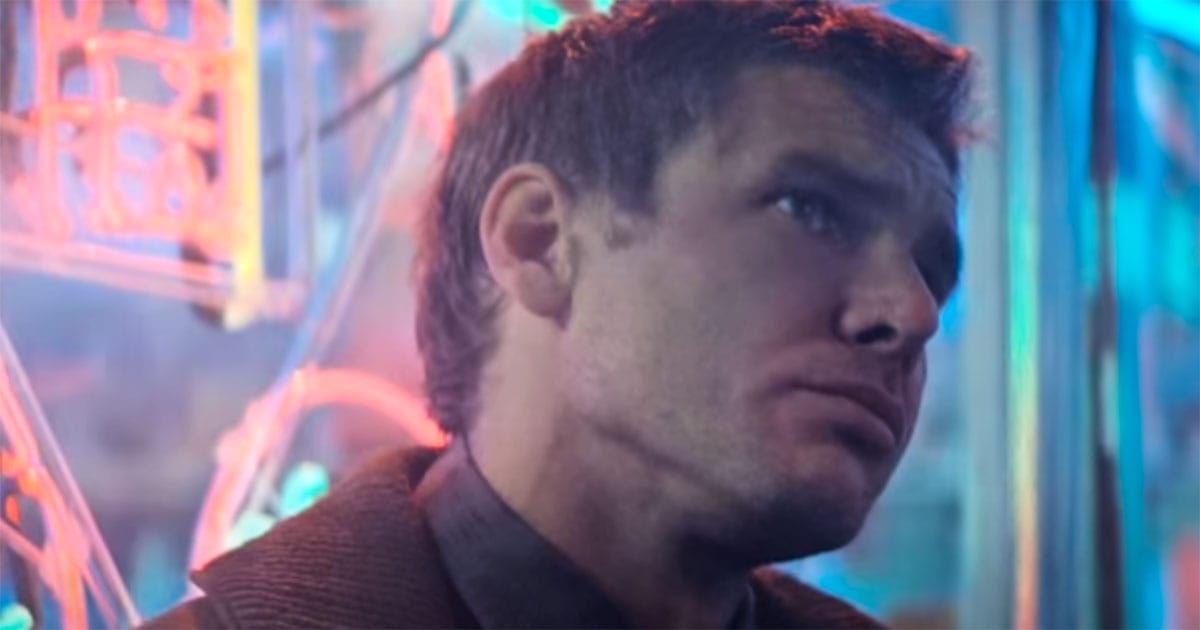
Duty and the First Step Toward Truth Rick Deckard does not begin "Blade Runner" (1982) as a rebel. He begins as a man called back to duty. The job is familiar. Retire four replicants. Do it cleanly. Walk away. He accepts not because he believes in the mission, but because refusing means pressure, trouble, and maybe worse. He once believed in the work. That belief, though, has faded.
Still, duty holds weight. It shapes men. It keeps order in a world fraying at the edges. Deckard steps forward because he is trained to do the hard thing. At first, that looks like strength. But strength without honesty hardens into a routine. Without judgment, duty becomes a machine in a man's hands.
The question that forms is quiet but steady. Can a man be faithful to what is right when the system he serves no longer knows the difference?
The Test of Sight
Learning to See with Discernment Deckard's training taught him to see replicants as objects. They were not seen as enemies or individuals, only as targets to be removed. The Voight-Kampff test was the tool. Spot the emotional delay. Ask the right questions. Measure the eyes. The system promised clarity. But once back in the field, clarity becomes hard to find.
Rachael is the first to unsettle him. She answers calmly. She believes she is human. Her memories feel real. Deckard watches her closely, and something changes. The line between subject and suspect begins to blur. The more he looks, the less he's sure of what he sees.
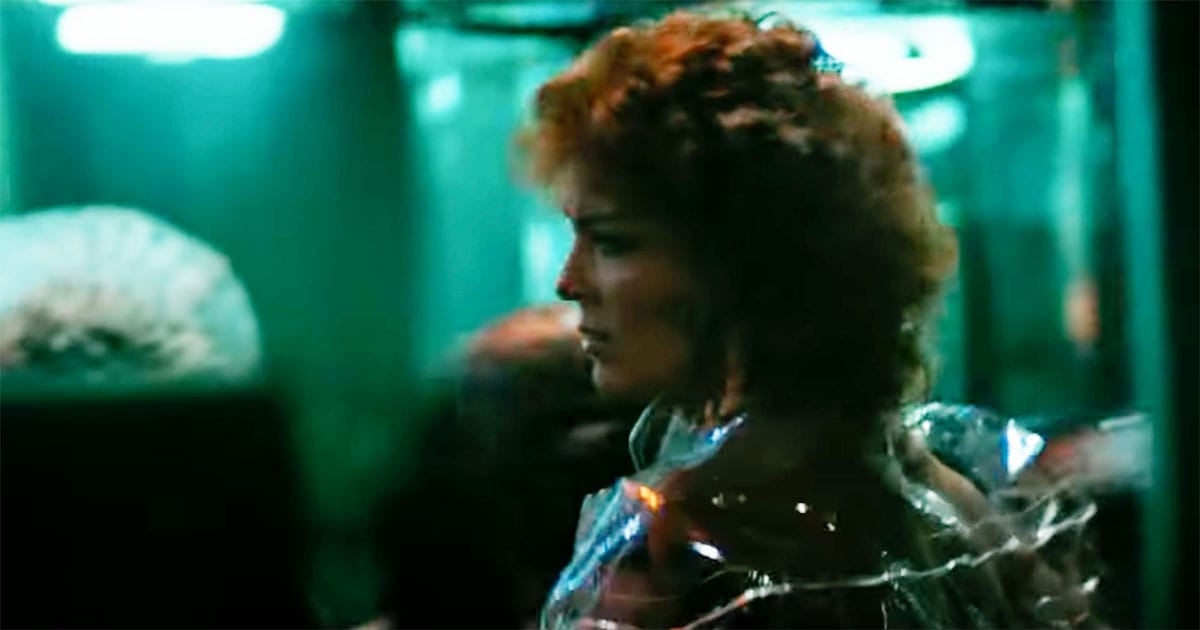
Zhora runs not like a machine, but like someone who knows she will not be given a fair chance. Leon fights with desperation, not programming. Pris uses charm, wit, and fear. Roy speaks of life and death with the weight of a man who has thought deeply about both.
These encounters begin to break the surface. Deckard was trained to look for signs of failure in replicants. Instead, he finds signs of soul. Discernment is no longer a skill. It becomes a responsibility. He cannot unsee what he now sees clearly.
"Blade Runner" (1982) shows that sight is not just a matter of vision. It is the courage to recognize truth even when it hides behind something unfamiliar. Deckard starts to see not what he was told to see, but what is actually there. That change is small, but it marks the beginning of everything.
Truth Beneath the Badge
Integrity in a System That Forgot It Deckard never says he believes in the system. But he works for it. That fact carries weight. His badge gives him authority. His orders give him direction. In the beginning, that is enough. As the job continues, though, something shifts. The lines drawn by others begin to feel false.
He watches the replicants more closely. Not for weakness, but for meaning. Zhora tries to escape, not to attack. Pris hides, not out of malice, but fear. Roy grieves. When Roy saves Deckard at the end, pulling him up instead of letting him fall, it shatters what is left of the old certainty. A machine is not supposed to show mercy. A weapon does not spare its enemy.
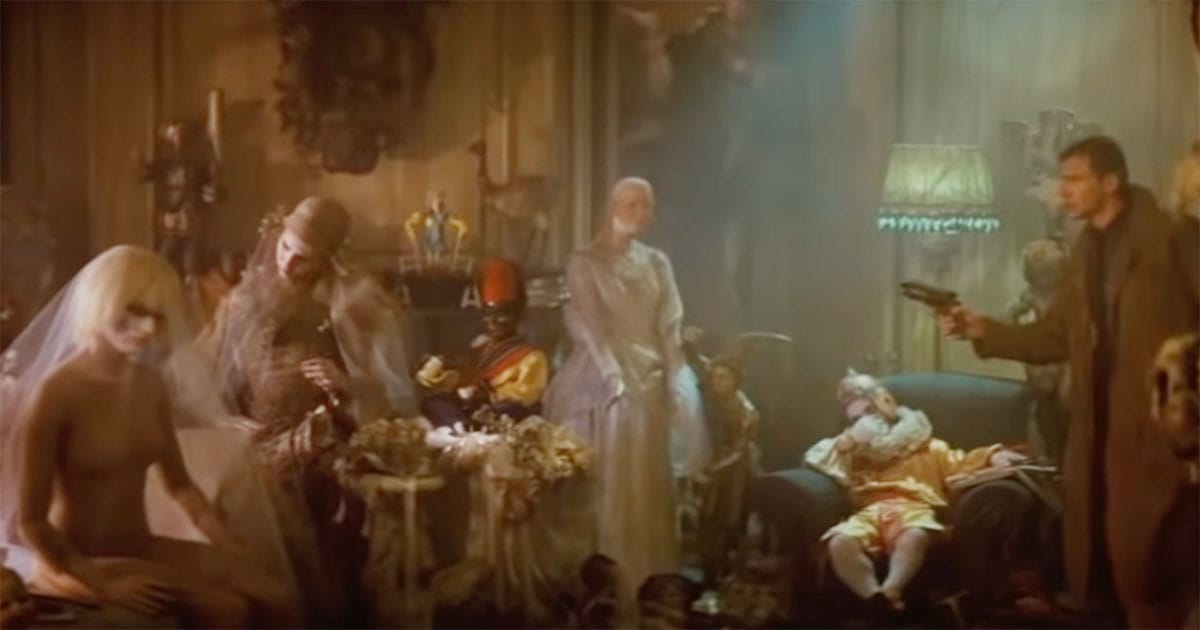
Deckard's badge cannot explain what he sees. The system trained him to follow signs, not ask questions. But a man cannot live by signs alone. He must live by what is true.
That truth comes at a cost. Deckard has to let go of the safety the system offers. He has to accept that what is right and what is allowed are not always the same. In choosing to act on what he knows, he steps into a deeper kind of loyalty—not to a command, but to conscience.
"Blade Runner" (1982) does not offer easy answers. But it shows that integrity begins when a man stops asking what is permitted and starts asking what is right. For Deckard, that is the turning point.
Love and Loyalty
Fidelity to Another and to Conscience Rachael is not just another subject. She is not one of Deckard's targets. She is something far more dangerous to his way of thinking—a person who does not fit the pattern. When they first meet, she speaks with confidence. Then, she learns the truth. Her memories were made in a lab. Her past is not her own. She retreats into silence, her composure shattered.
Deckard sees this. He sees the confusion in her eyes. The fear. But also the courage it takes for her to keep going. He does not reach out to her quickly. He is cautious, unsure. But he does not turn away. That choice matters.
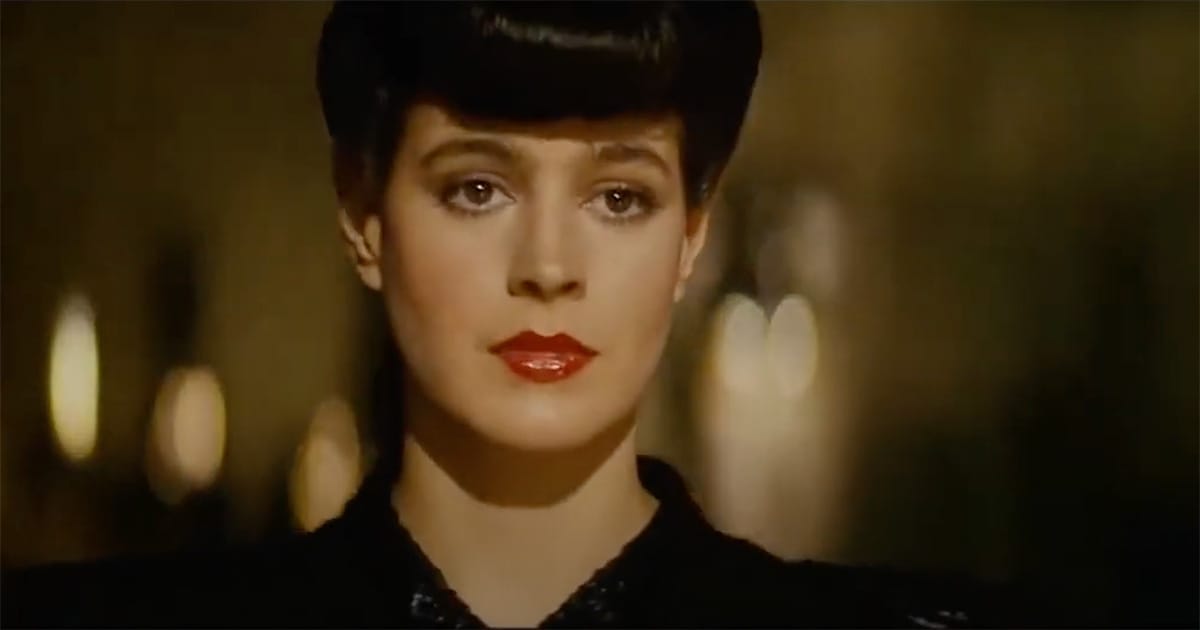
When Rachael kills Leon to save Deckard's life, something shifts. She is no longer a question in his mind. She becomes a responsibility. Not as a burden, but as a trust. He knows others will come for her. He knows what happens to replicants who run. So he shields her. He makes a promise. He does not declare it. He lives it.
This is not a rescue story. It is a recognition. Rachael's presence forces Deckard to decide who he is willing to protect. And in doing so, he begins to protect what is good in himself. Fidelity begins with her, but it grows into something larger. It becomes loyalty to judgment over command.
In "Blade Runner" (1982), Deckard finds not just someone to love, but someone who awakens his capacity to care. That bond reminds him that even in a world built on artifice, truth can still be chosen—and kept.
The Choice to Walk Away
The Quiet Courage of Departure At the end of "Blade Runner" (1982), Rick Deckard makes no speech, stages no protest, and leads no revolution. He simply leaves. He gathers Rachael and steps away from the world that once told him who to be. That decision is quiet, but it echoes with finality. It is not an escape. It is a stand.
The system never demanded love, only loyalty. It never asked him to think, only to comply. Deckard once served it without question. Now he walks away. Not because he has failed, but because he has learned. He has seen too much, felt too much, and let the truth change him.
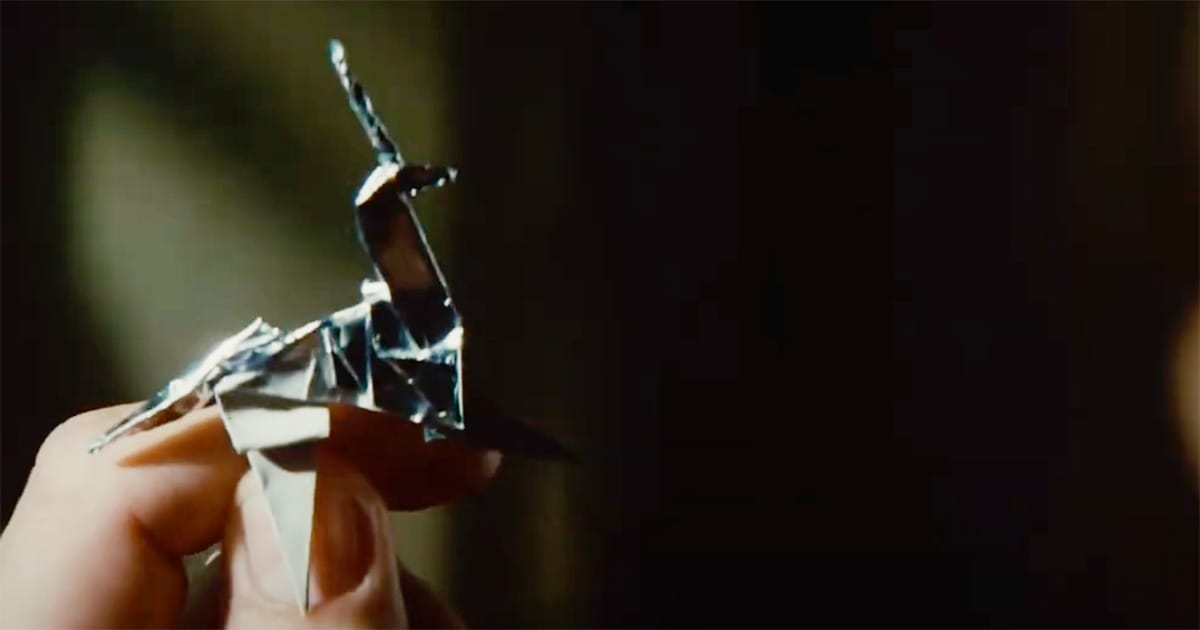
Gaff's origami unicorn, left behind without a word, signals a warning and permission. Deckard understands. Rachael will not be safe forever, but she is safe for now. That is enough.
To leave a life of control and routine for something uncertain takes courage. Not the courage of violence or defiance, but the deeper kind—a courage rooted in clarity. Deckard is no longer a man following orders. He is a man answering to his conscience.
"Blade Runner" ends not with certainty, but with hope. Deckard's journey is not about losing faith. It is about finding the kind worth keeping. He does not abandon duty. He reclaims it. And in doing so, he reminds us that the right path is not always marked. Sometimes, it must be chosen alone—with eyes open and heart steady.

